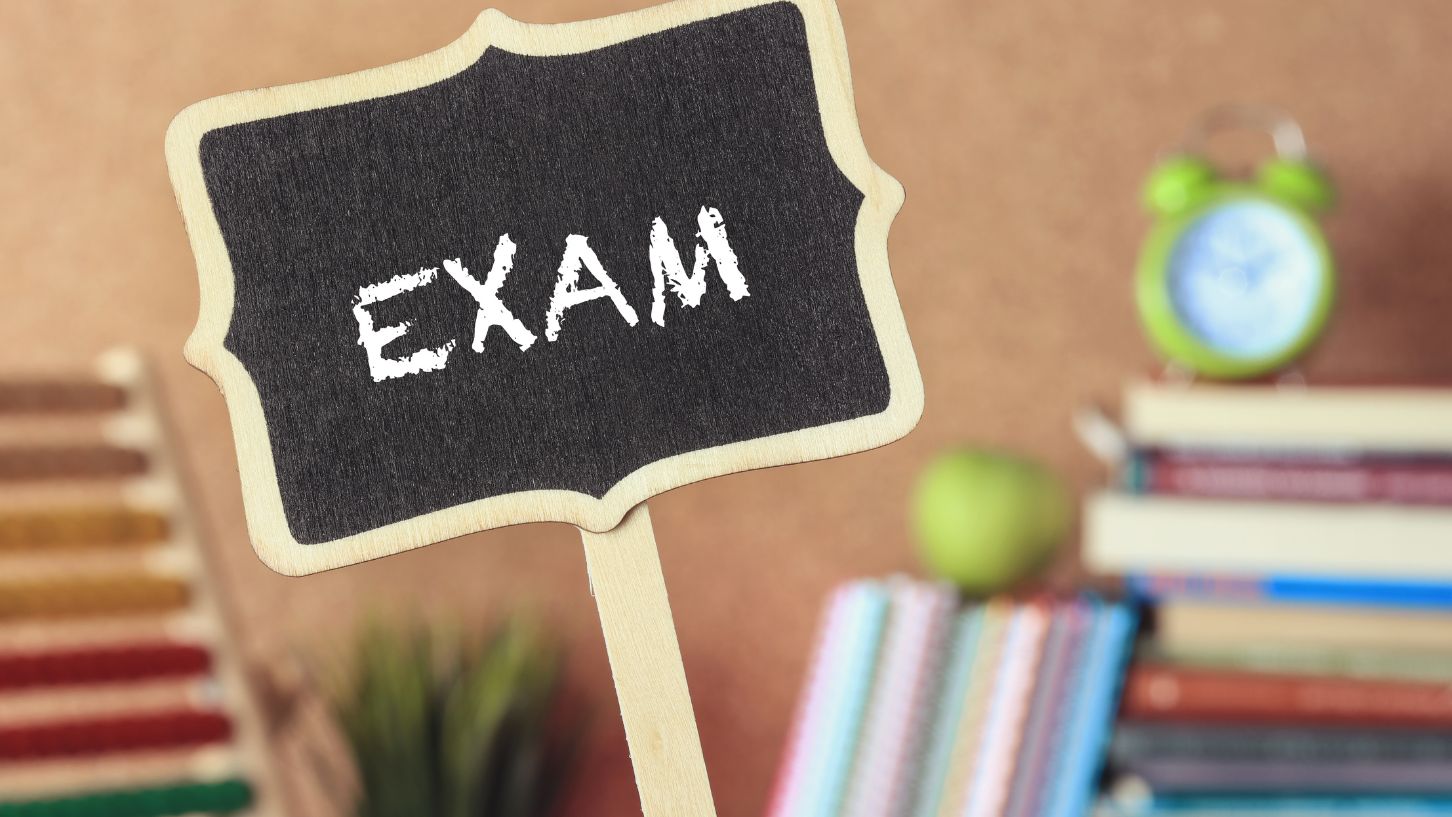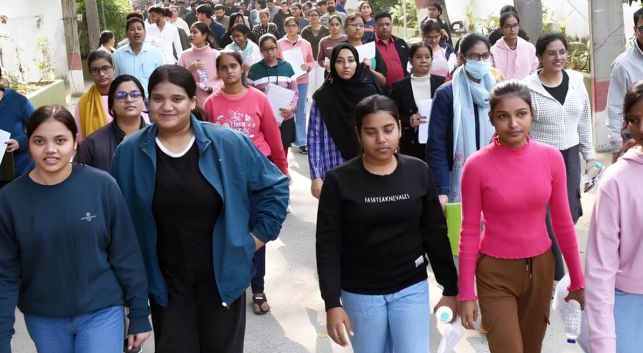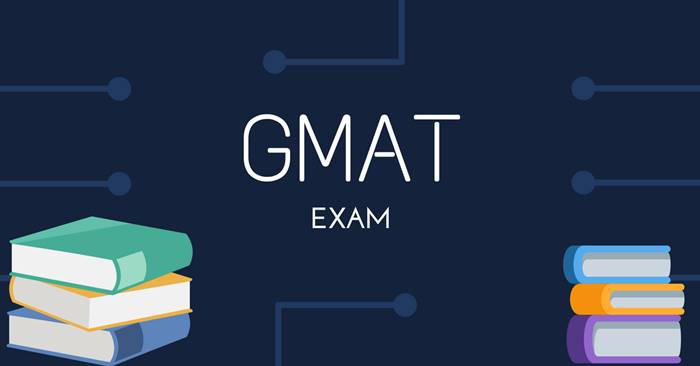The Tentative Datesheet CBSE Class 12th Boards 2026 is finally here, and students across the country are now gearing up for one of the most important exams of their school life. The Central Board of Secondary Education (CBSE) has released the tentative schedule to help students plan their studies and revision in advance. This early announcement allows students to stay organized, stress-free, and confident about their preparation.
Tentative Datesheet CBSE Class 12th Boards 2026: Know the Schedule
According to the tentative timetable, the CBSE Class 12th exams will begin on 18th February 2026 with Physical Education and end on 27th March 2026 with Biology. Between these dates, students will appear for major subjects like Physics on 20th February, Chemistry on 28th February, Maths on 9th March, English on 12th March, and Hindi on 16th March.
For example, science stream students can now plan their study routine smartly. They can use the gap between Chemistry and Maths to revise formulas and practice numerical problems. Similarly, students who have English right after Maths can switch to reading comprehension and grammar exercises during that short break.
These small but effective steps help in maintaining a balanced preparation strategy and ensure students don’t feel overwhelmed during the exam month.
Why the Tentative Datesheet Matters
Having a tentative datesheet is more than just knowing exam dates—it’s about time management. Students can now divide their syllabus according to the subjects and plan revisions accordingly. For instance, a student who feels weaker in Physics can dedicate more time to that subject earlier in February, knowing they’ll face it soon after the first exam.
This proactive approach can significantly reduce last-minute stress and boost confidence. Teachers also use this tentative schedule to conduct mock tests and revision sessions, helping students identify their strengths and weaknesses before the actual exams.
Tips to Prepare for CBSE Class 12th Board Exams
With exams just months away, maintaining a daily routine is essential. Students should set realistic study goals, take short breaks, and ensure they revise previous years’ question papers. Focusing on NCERT books, practicing sample papers, and maintaining a healthy sleep cycle can go a long way.
For example, studying for two hours of Physics followed by a 20-minute walk or meditation helps improve concentration and retention power. Balanced study routines always yield better results than long, exhausting hours.
The Tentative Datesheet CBSE Class 12th Boards 2026 is a wake-up call for students to get serious about their board preparations. It’s time to create a smart timetable, stay disciplined, and focus on consistent efforts rather than last-minute rushes. Remember, with early planning and calm focus, every student can perform their best and make their school proud.



